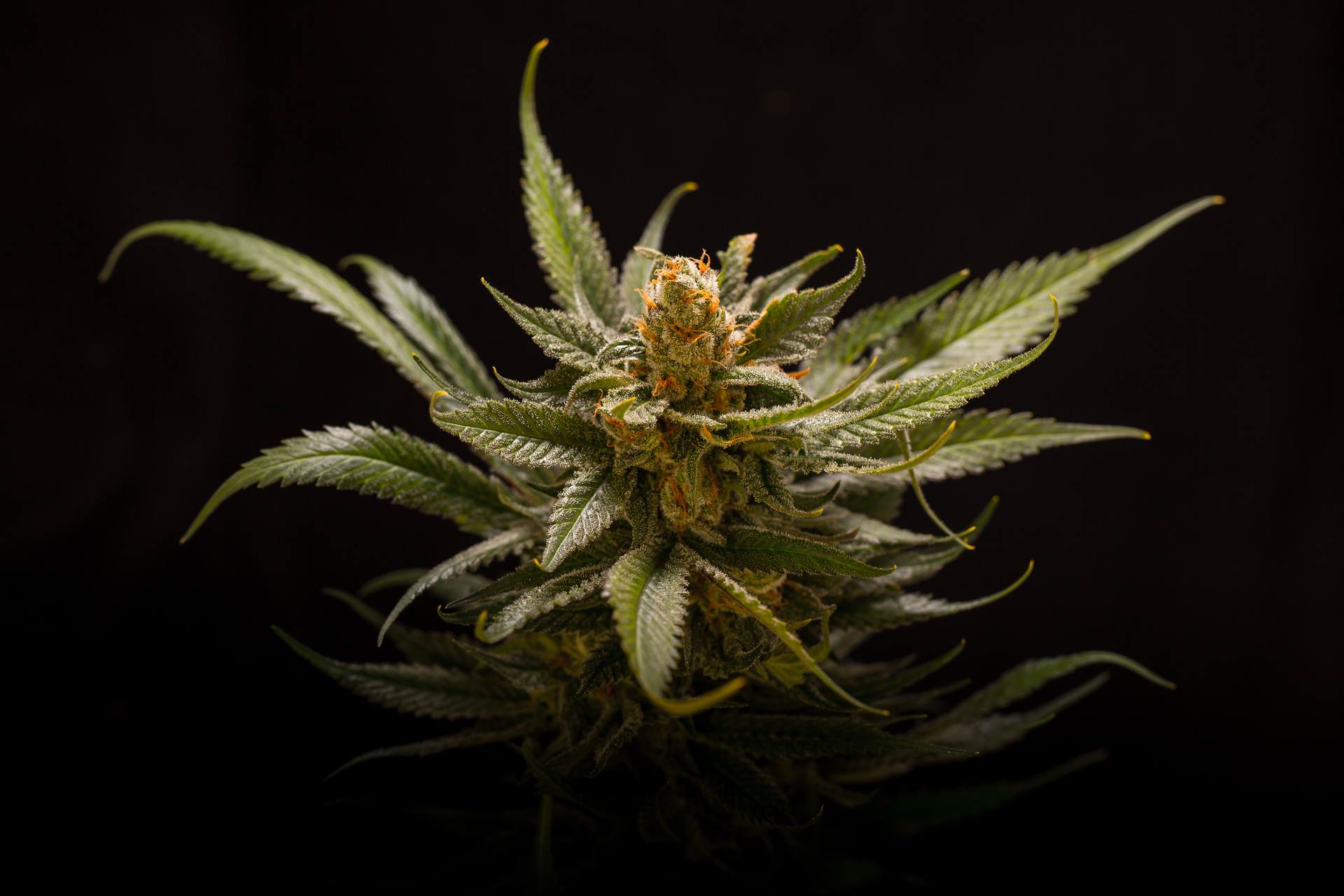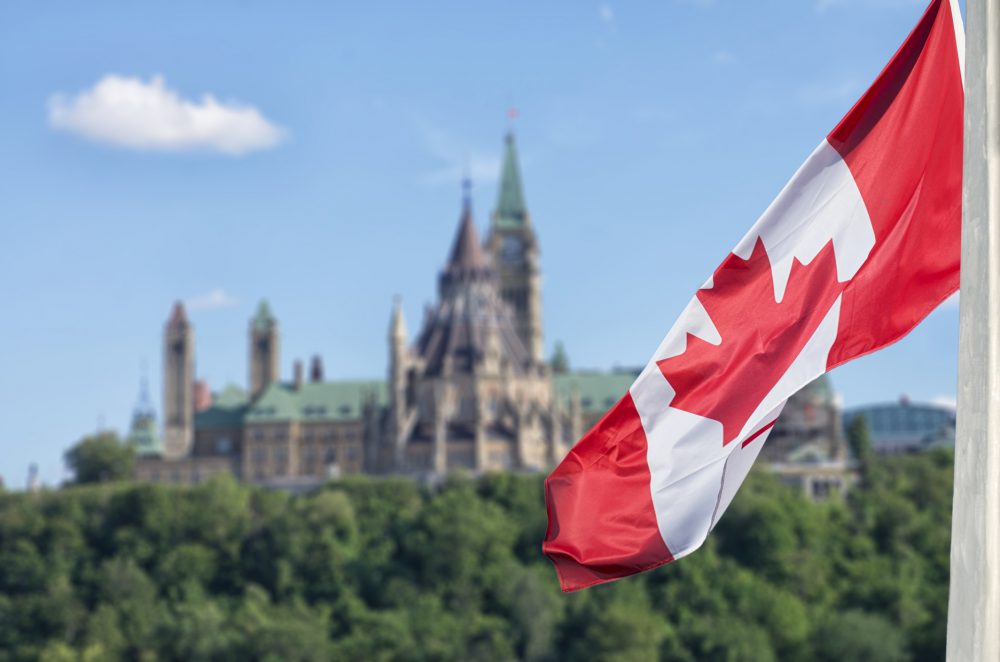- Photo Photo by Jess Abtu found through Vecteezy.com
As I write this, Canada is 12 days away from Bill C-45 (also known as the Cannabis Act) coming into force, nearly 3 years to the day after the Trudeau Liberals came to power. This promise is very likely what got the Liberals elected, especially when you consider the astounding election-to-election increase in voter turnout among those aged 18-24 and 25-34 (obviously the data cannot provide perfect insight as to how much of this increase was caused by the prospect of legal pot – it’ll be interesting to see if these increases are sustained in 2019). It’s generally accepted that legalization will provide at least some economic benefit; Health Canada predicts that the government will be able to recover up to 100% of the cost of regulation, and there will likely be a lot of money saved in criminal justice administration. However, the nature of the benefit depends heavily on how the sale of marijuana is implemented. This decision, along with most of the specifics of legalization, has been left to the provinces’ discretion. I’ll outline the two main business models the provinces have available to them, and what I believe to be the benefits and drawbacks of each.
The first option is a regulated free market. This means that the private sector would be solely responsible for the sale of marijuana, with government intervention likely limited to taxation and issuing growth and sale licenses. The obvious benefits of this model are lower costs to consumers – with prices likely on par with current black market prices – and the job creation that comes with a booming industry. Drawbacks would likely include lower government revenue, and potential infiltration from the black market (though private-sector stores will be required to have licenses, it would be naive to assume that this will deter someone from setting up their own less-than-legal operation should they really want to). This could lead to questions about the quality of the pot available in the private sector, though this is clearly a risk that Canadians are comfortable taking since even without legalization marijuana is regularly used. So far, only Saskatchewan and Manitoba have gone this route; however, Alberta, British Columbia, and Newfoundland will allow both private and public sales.*
The second option is a government-run monopoly. Most of us are familiar with this model, as it is the current setup for the sale of alcohol in most provinces. The major benefit of this model is the guarantee of the safety of the product; the government definitely isn’t going to lace your pot with anything sketchy. The biggest drawback is the tradeoff the government will face in terms of pricing since legal and illegal pot are likely strong substitutes (i.e. people will easily switch between them based on whichever is cheaper). They can price it high, which will guarantee revenue, but also the continued existence of the black market. Setting the price low will incentivize more people to purchase their pot through legal means, but it will also cut into the revenue stream, meaning the costs of regulation will need to be paid for through general tax revenue. Nova Scotia, New Brunswick, Quebec, and Newfoundland have all chosen this method.*
*Ontario is a special case. The Ontario Liberals intended the sale of marijuana to be taken care of entirely by the Ontario Cannabis Store (OCS), a subsidiary of the LCBO; however, they are no longer in power. The currently-governing Conservatives plan to let OCS control online sales, and private companies control physical retail sales.
In conclusion, there you have it: a lesson in market structure disguised as a piece about weed. In reality, it is unlikely that provinces will commit firmly to one of these models forever, given the many complications not addressed by them (such as how Canada’s First Nations fit into the framework of legalization). Some may bow to public pressure and move towards a more private-sector-based model; others may claim they need the higher prices that come with a monopoly to cover the social costs of marijuana use, as New Brunswick has claimed of its alcohol industry. I think we can all agree that it’s exciting to see the Liberals follow through on a major campaign promise, and that it will be interesting to see where this process goes.
Mallory Kroll is a fifth-year Economics student and the Managing Editor of The Athenaeum.






Thanks! The thing is the thing. And the money traded for the thing is the money. Then there is the person. Mallory ty, the person as in the person who the money is coming from and also the person who is participating with the thing… the particular thing… the weed they smoked and how they brought it. Bought it, earned it, circulated around. Looking for a decisive positive / negative so it can reflect positive or negative on the people who made it happen.
Will I publicly roll a fat doob and be like ‘thanks bud?’ to justy Trudeau ski? Positively. Will the thing and how it affects all of the people living in canada…. and america…. and the rest of all the people turn out to be a positive thing?
There is a style to the way my friends and I blow our smoke.
A commitment to the truth will always garner my vote; I also firmly believe in dedication and cheezytotoes
Many thanks sharing this particular article and making it public